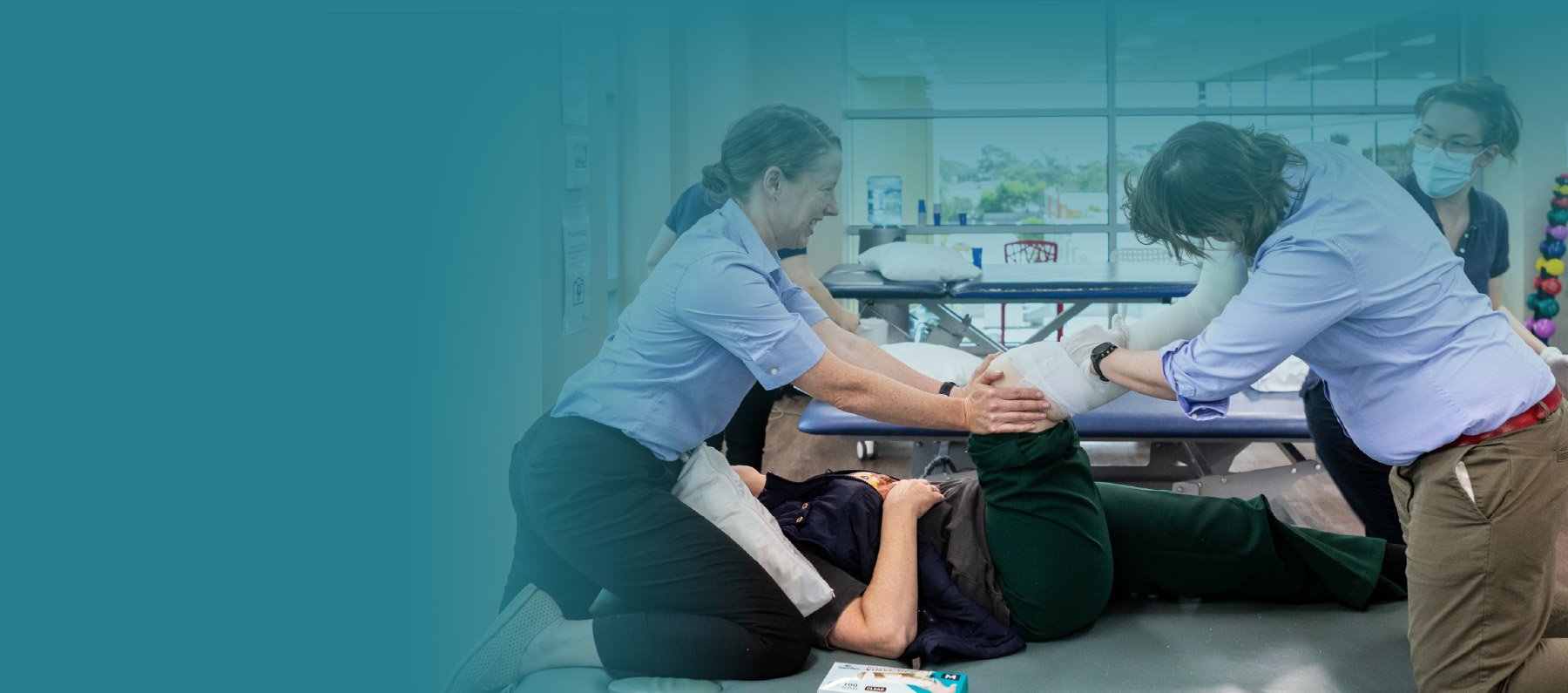
Conditions Treated
PERIPHERAL NEUROPATHY
Peripheral Neuropathy occurs due to damage to nerves outside of the brain and spinal cord. These nerves, called peripheral nerves usually send information to and from your brain and spinal cord. They send messages to the brain about sensation, and then are responsible for creating movement in your muscles.
Damage to peripheral nerves can result from a variety of reasons. Common causes include traumatic injuries, autoimmune diseases, infections, or metabolic problems. Diabetes is a common metabolic disorder which can result in peripheral neuropathy. When these nerves are damaged it can cause weakness, numbness or neurological pain and is most commonly experienced in the hands and feet however can affect other areas as well. Peripheral Neuropathy can affect one or more nerves and may lead to the development of symptoms including changes to sensation including numbness, prickling, or tingling in hands or feet, sharp pain or hypersensitivity, muscle weakness, heat or movement intolerances resulting in a change to your physical function.
What We Offer
At the Neurological Rehabilitation Group, we can help to improve your quality of life,maximise your function and provide you with tailored treatment plans directed towards achieving your goals. Our therapists are skilled in assessing, treating, and managing people affected by Peripheral Neuropathy. They will provide you with a comprehensive assessment of the body systems affected in your specific case and use their analysis skills to look at your movement patterns, joint range of motion, strength, sensation, proprioception, and balance. They may also look at your posture as well as your functional abilities in lying, sitting, standing, walking, or running where appropriate.
Our therapists will aim to optimise your independence and function, provide you with meaningful strategies to achieve your goals and improve your quality of life. This may include:
Education to facilitate a greater understanding of the health and secondary complications after Peripheral Neuropathy
Hands on facilitation techniques to improve your ability to activate your muscles or achieve better movement patterns
Sensory retraining using a variety of different modalities including touch, vibration, or textures
Comprehensive balance retraining which may also involve floor transfers in the event of falls
Mobility practice including exploring new functional skills such as transfer, standing, gait, stair climbing or running retraining
Carer training to facilitate skill practice at home and identification of barriers to implementation
Develop a tailored home program for you to carry on your therapy outside of the clinic independently
Equipment recommendations including orthoses or gait aids which may require referral to your local or our specialty orthotic clinic
Pain management options and education
Off-site hydrotherapy
Group exercise classes or gym programs within your local community with one of our exercise physiologists
Our therapists can refer or liaise with health professionals involved in your care including your medical team, occupational therapists, dietitians, or orthotists. They will also liaise with your appropriate funding bodies to support your needs.
